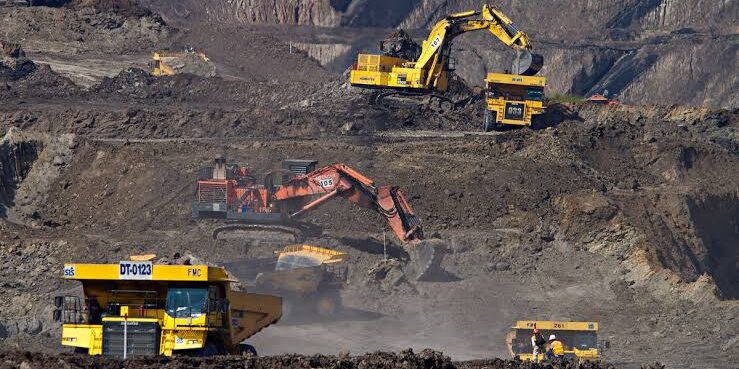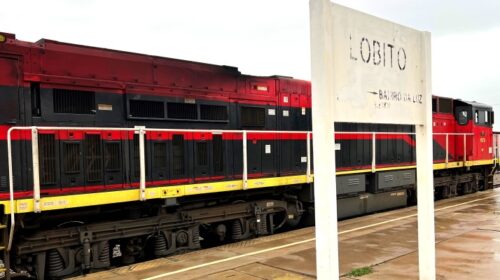DRC Cancels Mining rights for 29 Companies
On the date of the issuance of the decree, July 31st, by Michel Kibonge Nyekuma, the Chief of Staff of the Minister of Mines, several of these companies had not yet signed their memorandum of understanding.
Twenty-nine mining companies, including Cico, Cilu, Congolaise de Mines et du Développement (Comide), Boss Mining, Ruashi Mining, PPC Barnet, and Chemaf, owned by Congolese, German, Kazakh, Chinese, Indian, South African, and Australian groups, have had their mining rights canceled by the government of the Democratic Republic of Congo (DRC).
As of the date of the decree’s signing on July 31st by Michel Kibonge Nyekuma, Chief of Staff of the Minister of Mines, several of these companies had not yet signed their memorandum of understanding.
“The initial investments required to initiate and sustain mining operations are often substantial, and their amortization spans several years.
Revoking permits can potentially impact relationships with investors and bankers, making access to new financing difficult,” noted a specialist consultant in the African mining sector in Jeune Afrique.
On the ground, several communities are at risk of suffering the consequences of this decree. “We rely on these mining companies for our livelihood,” reminds a supplier from Kolwezi, unsure of how long they can continue, according to the pan-African magazine.
In the weeks that followed, Boss Mining, a subsidiary of Eurasian Resources Group (ERG), signed two memoranda of understanding with local communities in Kambove (Haut-Katanga) and Kakanda for a total of 11 million dollars, while Comide signed a third memorandum of understanding with 16 communities in Lualaba.
In March 2018, the government had enacted a new mining code where these issues became prominent. There is even talk of further modifying this code to strengthen these requirements.
“Sanctions for Non-Compliance with Legal Provisions”
According to the Ministry of Mines in Lualaba, Boss Mining becomes the 28th mining company to sign its memorandum of understanding with local communities out of a total of 31 mining companies in the province.
The Ministry of Mines in Lualaba warned at the end of August, “We will soon impose sanctions provided for in the mining law for non-compliance with the provisions of the mining law regarding the completion of the memorandum of understanding.”
This measure comes at a time when the Congolese government intends to reorganize the mining sector, including regaining control over some of its natural resources.
With one of the richest undergrounds in the world (gold, diamonds, copper, etc.), including essential minerals for energy transition and battery composition (lithium, cobalt, coltan, etc.), the DRC largely depends on its mineral deposits.
Striving for Balance
The mining sector contributes 43% to the national budget; it represents 47% of the GDP, 95% of exports, and a quarter of employment.
While the desire for state control appears commendable, the measure, announced without any public explanation, sends a troubling signal to international investors who may hesitate to invest funds in a perceived unstable environment.
“The real challenge lies in finding the balance between the economic interests of the state, environmental and social standards, and the necessary attractiveness for investors.
The Congolese state must demonstrate clarity and transparency to reassure the various stakeholders involved,” suggests an analyst.
“We recognize the importance of environmental preservation for future generations. Boss Mining is committed to responsible management and environmental preservation efforts,” stated Mimi Lukonde, Regional Administrator in charge of safety and sustainable development at ERG Africa, echoing the latest recommendations from the Minister of Mines made in March.
132 total views , 1 views today





